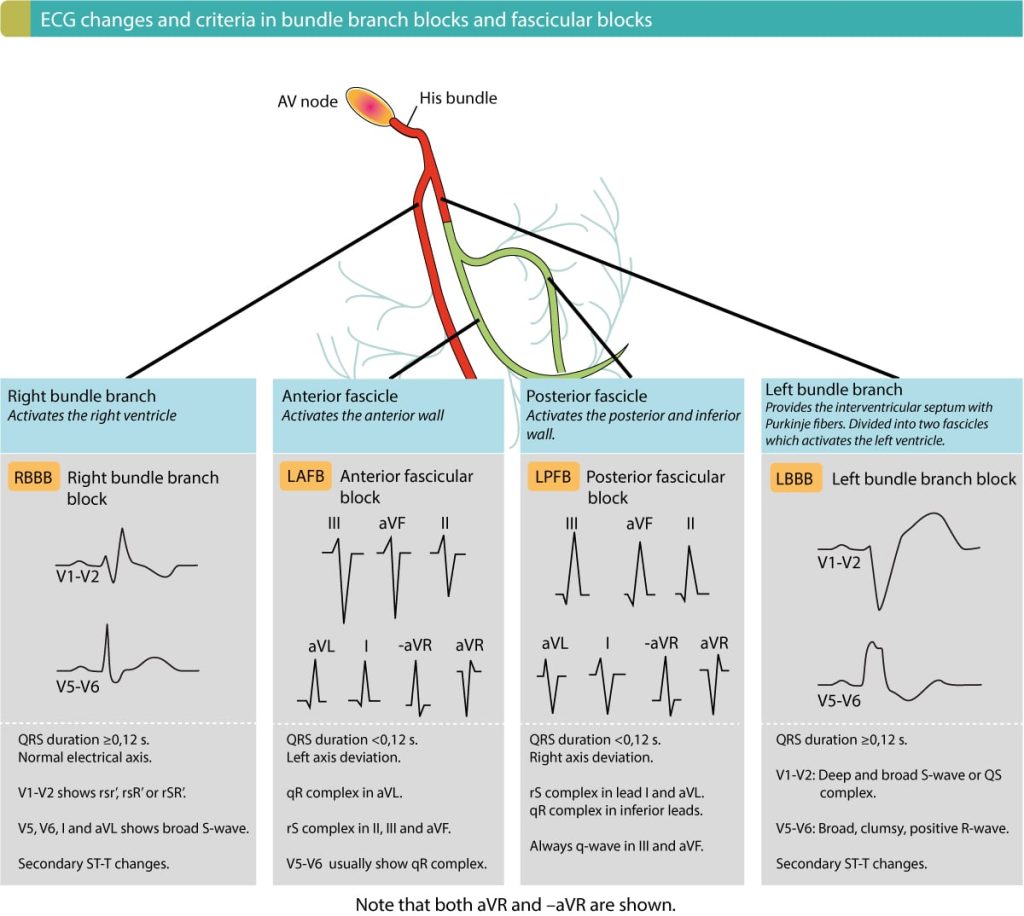Let me tell you something, folks—when your doctor mentions borderline ECG, it’s not just another fancy medical term to toss around. This is serious business, and it’s something you need to pay attention to if you value your heart health. Imagine this: you’re sitting in a quiet room, minding your own business, when suddenly the doctor says, “Your ECG results are borderline.” What does that even mean? Is it bad? Should you panic? Well, buckle up because we’re diving deep into the world of borderline ECGs, and I promise it’ll be worth your time.
Now, before we go any further, let’s clear the air. A borderline ECG doesn’t automatically mean you’re on the brink of disaster. It’s more like a warning sign—a gentle nudge from your body saying, “Hey, maybe we should take a closer look at what’s going on here.” And trust me, it’s better to catch these things early rather than wait until it’s too late. So, stick around, and let’s figure out what this whole borderline ECG thing is all about.
Before we dive into the nitty-gritty details, let’s talk about why this matters. Heart health isn’t something you can afford to ignore. If your ECG results are borderline, it could indicate underlying issues that, if left unchecked, might lead to bigger problems down the road. This isn’t about fearmongering—it’s about empowering you with knowledge so you can take control of your health. Sound good? Great. Let’s get started.
Read also:Unveiling The Usher Age A Comprehensive Dive Into The Era Of Transition
What Exactly Is a Borderline ECG?
Alright, let’s break it down. An electrocardiogram, or ECG (also known as EKG in some parts of the world), is essentially a test that records the electrical activity of your heart. It’s like a snapshot of your ticker’s performance, showing how well it’s functioning and whether there are any irregularities. Now, when the results come back as “borderline,” it means the readings aren’t entirely normal, but they’re also not bad enough to raise major red flags—yet.
Think of it like a traffic light. A normal ECG is green—you’re good to go. A clearly abnormal ECG is red—stop everything and get help immediately. A borderline ECG, on the other hand, is yellow—proceed with caution. It’s a signal that something might be off, and it’s worth investigating further.
Common Causes of Borderline ECG Results
1. Electrical Conduction Issues
One of the most common reasons for a borderline ECG is electrical conduction issues within the heart. This can happen for a variety of reasons, such as:
- Age-related changes in the heart’s electrical system
- Minor structural abnormalities
- Temporary disturbances caused by stress or anxiety
These issues are often harmless, but they can sometimes indicate the early stages of more serious conditions, like arrhythmias or heart blockages.
2. Physical Factors
Believe it or not, your physical characteristics can influence your ECG results. For instance:
- People with larger chests or thicker chest walls might have slightly altered readings.
- Athletes, due to their highly trained hearts, may show borderline results that are actually perfectly normal for them.
So, if you’re a gym rat or just naturally built a certain way, don’t freak out just yet. It’s always good to get a second opinion.
Read also:Daily Mail Us Showbiz Your Ultimate Source For Entertainment News
How to Interpret Borderline ECG Results
Understanding the Numbers
When you look at an ECG report, you’ll see a bunch of numbers and lines. Don’t let them intimidate you! Here’s a quick breakdown:
- PR interval: Measures the time it takes for an electrical impulse to travel from the atria to the ventricles.
- QRS complex: Represents the contraction of the ventricles.
- QT interval: Shows the time it takes for the heart to contract and relax.
In a borderline ECG, one or more of these measurements might be slightly outside the normal range, but not enough to cause immediate concern.
Consulting a Specialist
If your ECG results are borderline, the next step is to consult a cardiologist. They’ll review the findings, consider your medical history, and possibly recommend additional tests, like an echocardiogram or a stress test, to get a clearer picture of what’s going on.
The Importance of Early Detection
Here’s the thing: early detection can save lives. If your borderline ECG leads to the discovery of a minor issue, addressing it now could prevent major complications later. For example:
- Mild valve problems can be monitored and managed.
- Early signs of coronary artery disease can be treated with lifestyle changes or medication.
It’s all about staying proactive and informed. Your heart deserves nothing less.
Who Should Be Concerned About Borderline ECGs?
While anyone can have a borderline ECG, certain groups of people should pay extra attention:
- Individuals with a family history of heart disease
- People over the age of 40
- Those with risk factors like high blood pressure, diabetes, or obesity
If you fall into any of these categories, regular check-ups and ECG screenings are a must. It’s better to be safe than sorry.
How to Improve Your Heart Health
1. Eat a Balanced Diet
Your diet plays a huge role in your heart health. Focus on:
- Fruits and vegetables
- Whole grains
- Lean proteins
- Healthy fats
And, of course, cut back on processed foods, sugar, and saturated fats. Your heart will thank you.
2. Stay Active
Regular exercise is key to keeping your heart in tip-top shape. Aim for at least 150 minutes of moderate aerobic activity per week. Walking, cycling, swimming—you name it. Just get moving!
When Should You Seek Medical Attention?
While a borderline ECG isn’t necessarily an emergency, there are certain symptoms you shouldn’t ignore:
- Chest pain or discomfort
- Shortness of breath
- Dizziness or fainting
- Irregular heartbeat
If you experience any of these, seek medical attention right away. Better safe than sorry, right?
Breaking Down the Myths
There are a lot of misconceptions out there about borderline ECGs. Let’s clear some of them up:
- Myth: A borderline ECG always means something is wrong. Fact: Not necessarily. It could just be a minor variation.
- Myth: You can ignore it if you feel fine. Fact: Symptoms don’t always show up right away. It’s better to investigate further.
Knowledge is power, folks. Don’t let myths cloud your judgment.
Conclusion: Take Control of Your Heart Health
So, there you have it—a deep dive into the world of borderline ECGs. Remember, a borderline ECG isn’t the end of the world, but it’s definitely a wake-up call. By staying informed, making healthy lifestyle choices, and working closely with your healthcare provider, you can keep your heart in great shape.
Now, here’s the deal: if you found this article helpful, share it with someone who needs to know. Leave a comment below with your thoughts or questions. And, of course, don’t forget to explore more content on our site. Your heart—and your mind—will thank you for it.
Table of Contents


